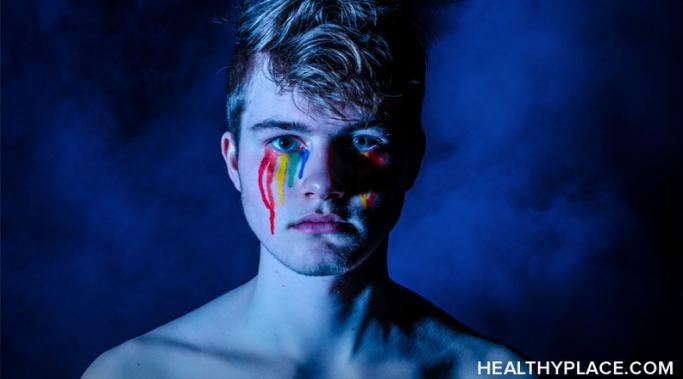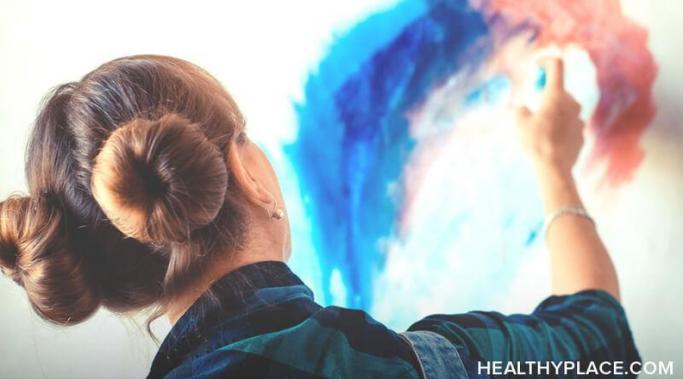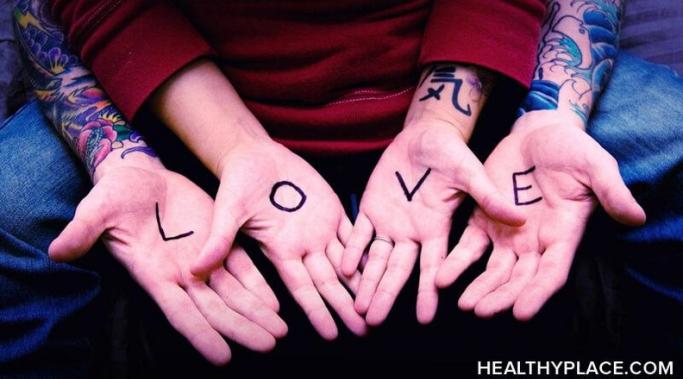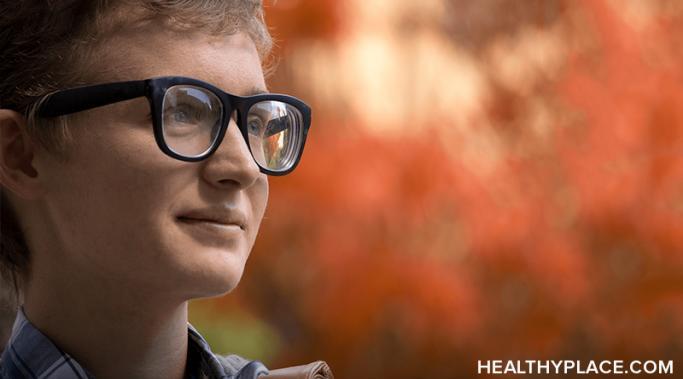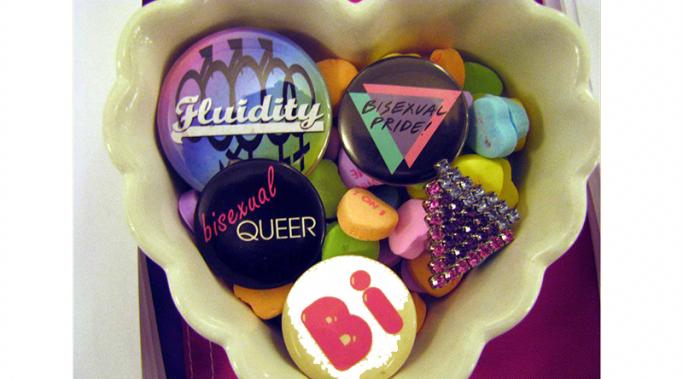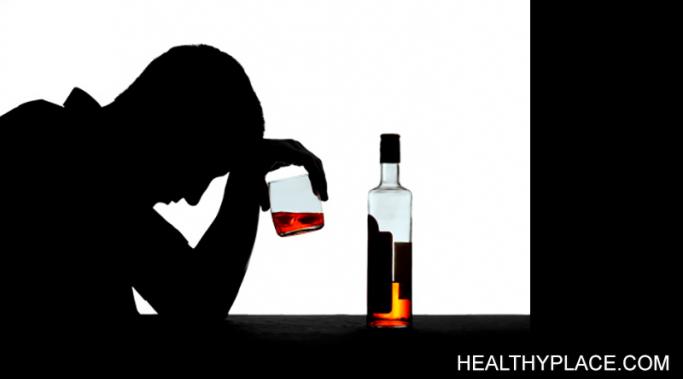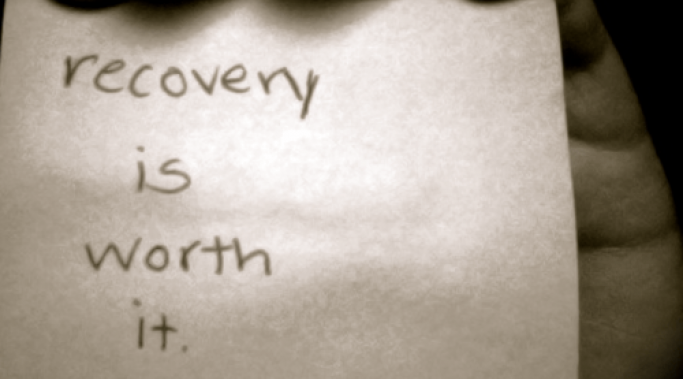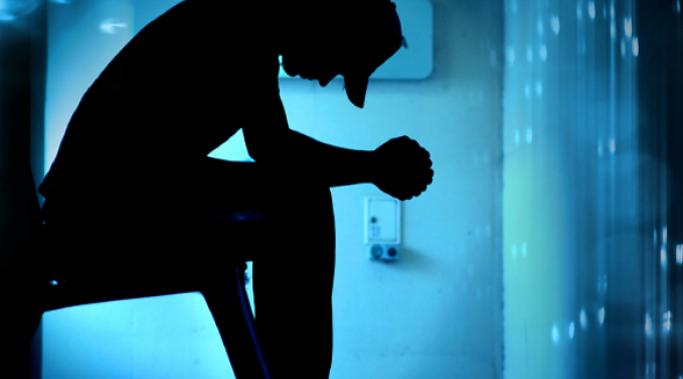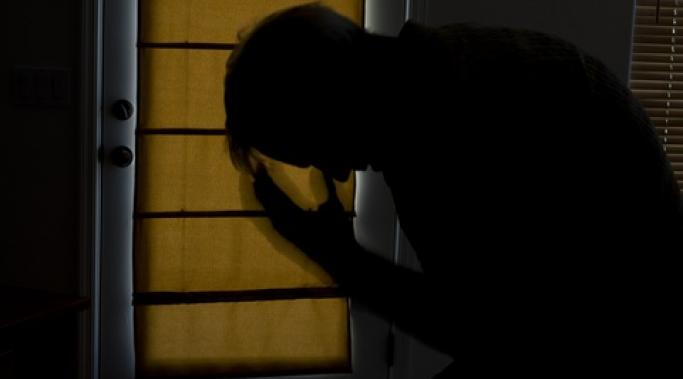Since I'm openly transgender, I sometimes get comments that my identity is a mental illness because "gender dysphoria" is in the DSM-5, the official diagnostic tool for psychiatric disorders. To me, this reflects a misunderstanding about what gender dysphoria is and how it's treated. While most trans people experience dysphoria, especially before transitioning, not all trans people do for their whole life. For that reason, it's possible for someone to be transgender but not have gender dysphoria.
The Life: LGBT
Last week I went to my two-year checkup for hormone replacement therapy, a medication I take because I am transgender, to align my body with my gender identity. I visit my doctor every six months to make sure my testosterone levels are in the healthy range for a man and that my mental and physical health are okay, too. The past two years have gone by so fast that it's hard for me to believe I've been on hormone medication for so long. It feels like just yesterday that I decided to seek help for my gender dysphoria, or the distress I felt because my biological sex and gender identity didn't align. Since my appointment, I've been thinking a lot about what it means to be transgender and how complex gender really is.
Finding love as a transgender (trans) person is difficult. After recently leaving a long-term relationship, I've found myself back on the dating scene. Finding a romantic partner as a trans man isn't easy. Even the most affirming cisgender (a person whose gender conforms with his or her birth sex) people can have reservations about dating someone who's transgender. I don't blame people who aren't comfortable dating a trans person. Physical attraction is an important part of a healthy relationship and, if someone isn't attracted to my body, I understand that. But I also think it's important to recognize and eradicate transphobia in the dating scene to make finding a partner safe for everybody.
My name is Andy Winder, and I’m excited to blog for "The Life: LGBT Mental Health" here at HealthyPlace. It means a lot to share my experiences as a queer, transgender man with mental illnesses obsessive-compulsive disorder (OCD) and social anxiety disorder. Everyone has a story, and I believe that as we share our triumphs and challenges in life, we can learn from one another and feel less alone.
The decision to come out as queer may affect your mental health and is a very difficult and emotional decision. There are many people who do not have the chance to come out as lesbian, gay, bisexual, transgender or questioning (LGBTQ) because of discrimination and potential violence. Many young LGBTQ people run the risk of getting kicked out by their parents. When a person is safe and comfortable to come out as queer, though, the results can be extremely positive and can even improve his or her mental health.
Alcohol abuse while being queer can bring with it specific challenges. Unfortunately, for many people who are part of the lesbian, gay, bisexual, transgender and questioning (LGBTQ) community, alcohol abuse is a very common and serious problem. Many LGBTQ individuals rely on alcohol to deal with the stigma and mental illnesses they face. Here are some tips on how to get help if you identify as queer and abuse alcohol.
Dealing with self-harm while being queer can be challenging. For many people with depression and anxiety, the only way out of the pain is through self-harm. This is especially true for people who are lesbian, gay, bisexual, transgender, or questioning (LGBTQ). The connection between people who identify as LGBTQ and who self harm is alarming, but not surprising. When we are surrounded by a society that is not LGBTQ-friendly, it is easy to see why so many queer people choose to escape the emotional torment through self-harm. Here are some tips on dealing with self-harm when you're queer.
You might not know it, but biphobia -- prejudice against bisexuals -- has harmful effects on mental health. If you identify as bisexual or pansexual, chances are you've had your sexuality questioned or confronted in some way. More than likely, you have experienced biphobia even from friends and family and this biphobia might harm your mental health. It can be an innocent sounding question such as: "How can you be in a committed relationship if you're bisexual?" or "Are you sure you don't want to be with someone from the same sex as well?" These kinds of ignorant questions reflect the biphobic society that we live in. It delivers the toxic message that our sexuality is not valid and reinforces the belief that we must choose between being straight or gay.
There are similarities between panseuxality and bisexual which really came to my attention after a previous post I wrote about the differences between pansexuality and bisexuality garnered some debate and even anger from bisexuals. Some bisexuals have stated that my post was wrong and even rude. Perhaps I did not clarify my views on the issue clearly because I do not hold any disregard toward bisexuals, especially since I used to identify as one for a very long time. I hope this post helps to explain my views on sexuality, the complications of labeling oneself and the similarities between pansexuality and bisexuality.
No one likes to be rejected. Unfortunately, lesbian, gay, bisexual, transgender and questioning (LGBTQ) people experience a lot of rejection and oppression that lead to depression and other mental illnesses. As a pansexual, I have experienced my fair share of biphobia and homophobia in the past. While it certainly isn’t easy or fun to talk about, raising awareness is the only way of abolishing discrimination towards the LGBTQ community and reduce the rejection queer people face and their depressions.
